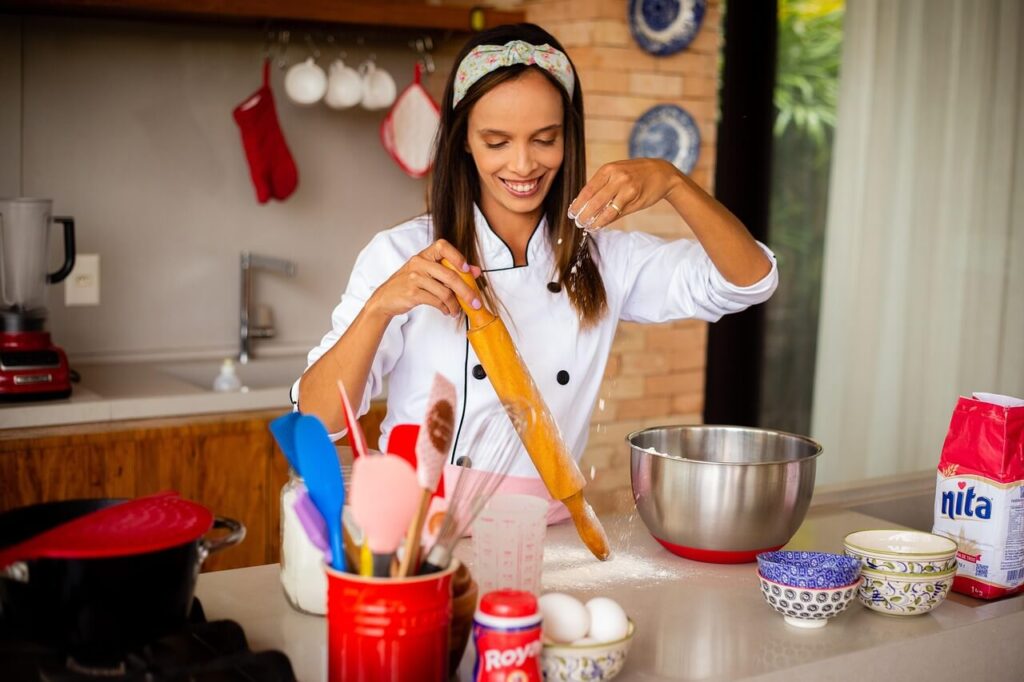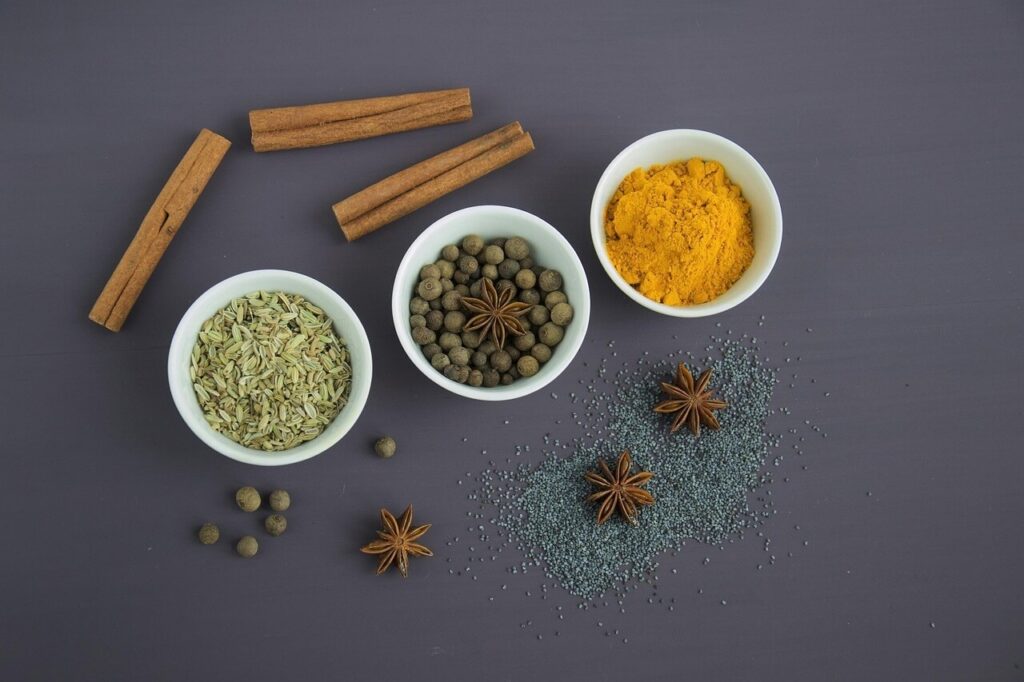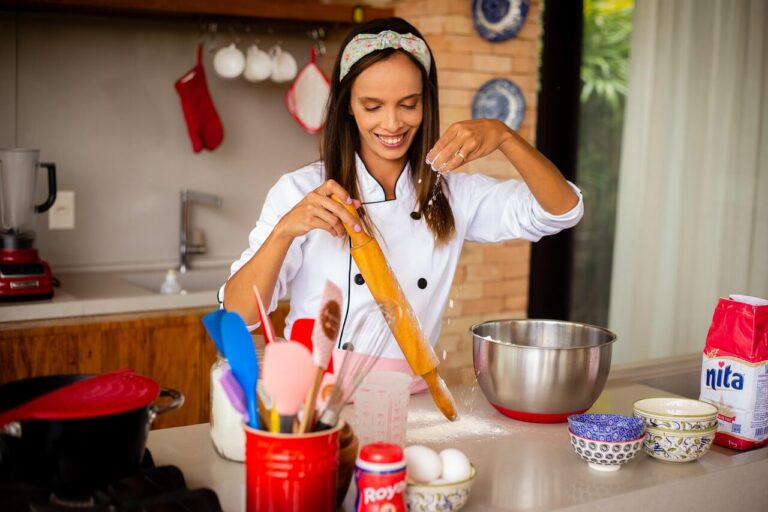Cooking can feel overwhelming, especially if you’re just starting out. But don’t worry — even the best chefs began with the basics. Whether you’re a complete beginner or someone looking to improve your kitchen game, these practical cooking tips will help you cook smarter, tastier, and more confidently.
Let’s dive into these 25 essential cooking tips that every home chef should know!

Contents
Basic Cooking Tips for Beginners
1. Read the Entire Recipe First

Before you pick up a spoon, read the entire recipe. This helps you understand the steps, prep time, and ingredients needed — and prevents last-minute surprises.
2. Prep All Ingredients in Advance (Mise en Place)
Chop, measure, and organize everything before cooking. This makes the process smoother and less stressful.
3. Use Fresh Ingredients

Fresh vegetables, herbs, and meats make a noticeable difference in flavor. When possible, choose fresh over canned or processed.
4. Invest in a Good Knife and Keep It Sharp
A sharp knife is safer and more efficient. Dull knives can slip and cause injuries.
5. Clean as You Go
Don’t let the mess pile up. Cleaning as you cook saves time and keeps your workspace safe and tidy.
Time-Saving Cooking Hacks
6. Use Kitchen Gadgets Wisely
Appliances like air fryers, food processors, and slow cookers can save time and effort. Learn how to use them effectively.
7. Batch Cook and Freeze Meals
Double your recipes and freeze half for later. It’s a lifesaver on busy days.
8. Keep Pantry Staples Stocked
Having items like rice, pasta, canned tomatoes, beans, and spices ensures you’re always a few steps from a great meal.
9. Try One-Pot or Sheet Pan Meals
They minimize dishes and are perfect for quick dinners.
10. Learn to Multitask Efficiently
While water is boiling or onions are sautéing, use that time to prep the next ingredient.
Flavor-Boosting Techniques
11. Toast Your Spices
Before adding spices, toast them lightly in a dry pan to enhance their aroma and flavor.
12. Add Acidity for Balance
A splash of lemon juice or vinegar can brighten up dull dishes and enhance flavors.
13. Season in Layers
Add salt and seasoning throughout the cooking process, not just at the end. This builds deeper flavor.
14. Finish with Fresh Herbs or Zest
Fresh herbs like parsley or cilantro and citrus zest add freshness and complexity.
15. Let Meat Rest Before Cutting
After cooking, let meat sit for 5–10 minutes so juices redistribute, keeping it moist and flavorful.
Healthier Cooking Tips
16. Use Greek Yogurt Instead of Cream
For creamy dishes, replace heavy cream with Greek yogurt to cut calories and add protein.
17. Choose Baking or Air Frying
Instead of deep-frying, try baking or using an air fryer for a crisp finish without excess oil.
18. Cut Back on Salt with Herbs & Spices
Build flavor using garlic, cumin, paprika, basil, and other natural seasonings.
19. Use Whole Grains
Swap white rice and pasta for quinoa, brown rice, or whole-grain pasta for extra fiber and nutrients.
20. Use Less Oil
Try non-stick or cast iron pans that require little to no oil during cooking.
Kitchen Safety Tips
21. Don’t Leave Cooking Unattended
Stay nearby, especially when using the stove, oven, or hot oil.
22. Avoid Cross-Contamination
Keep raw meat separate from other ingredients, and wash hands and cutting boards thoroughly.
23. Use Oven Mitts

Never grab a hot pan with a dish towel — use proper mitts to avoid burns.
24. Store Leftovers Promptly
Refrigerate leftovers within 2 hours to prevent bacterial growth.
25. Keep the Cooking Area Organized
Cluttered counters lead to accidents. Keep knives and hot items in safe, stable spots.
Bonus: 5 Must-Have Kitchen Tools
These tools make cooking more efficient and enjoyable:
- Chef’s Knife – Versatile and essential for almost everything
- Cast Iron Skillet – Great for searing, baking, and one-pan meals
- Wooden Cutting Board – Gentle on knives and easy to clean
- Digital Thermometer – Ensures perfect meat doneness
- Blender/Food Processor – For smoothies, soups, sauces, and chopping
Conclusion
Cooking doesn’t have to be complicated. By applying these cooking tips, you’ll gain confidence, save time, and enjoy better-tasting meals. Start with a few tips, and build your skills gradually — your taste buds (and your family) will thank you.
FAQs
Q: What are the best cooking tips for beginners?
A: Start with prepping ingredients first, using sharp knives, and reading recipes fully before cooking.
Q: How can I improve the flavor of my meals?
A: Use fresh herbs, season in layers, toast spices, and don’t forget acidity (like lemon or vinegar).
Q: How do I cook healthy meals at home?
A: Use less oil, bake instead of fry, and include more whole grains and fresh vegetables.

